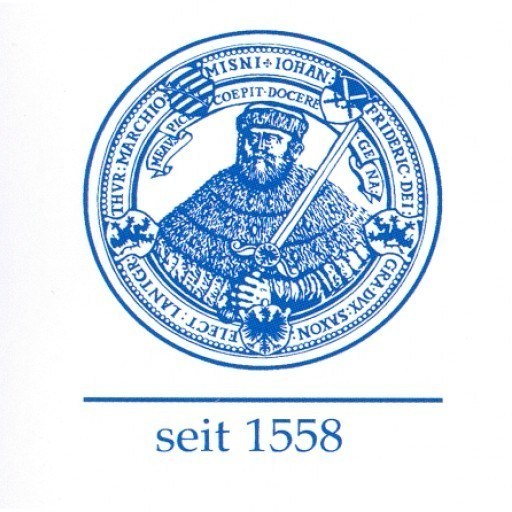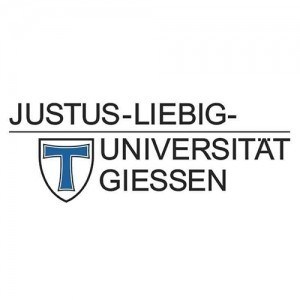Photos of university / #uni_duisburg_essen
The Transnational Ecosystem-Based Water Management program at the University of Duisburg-Essen offers students a comprehensive and interdisciplinary education focused on sustainable water resource management across national borders. This master's program is designed to equip future professionals with the necessary skills and knowledge to address complex water-related challenges posed by climate change, urbanization, pollution, and resource depletion. Students will explore innovative ecosystem-based approaches that integrate ecological, hydrological, social, and economic perspectives to develop sustainable solutions for water management in transboundary contexts.
Throughout the program, students will engage with key concepts such as ecosystem services, hydrological processes, water governance, and environmental law, fostering a holistic understanding of water systems. The curriculum combines theoretical coursework with practical applications, including fieldwork, case studies, and collaborative projects with international partners. Emphasis is placed on developing analytical skills, problem-solving abilities, and the capacity to design and implement integrated water management strategies that prioritize ecological sustainability and social equity.
The program benefits from the university's strong international partnerships and research centers, providing students with opportunities for exchange programs, internships, and participation in cutting-edge research initiatives. Graduates of this program will be well-prepared for careers in environmental agencies, international organizations, consulting firms, and research institutions, where they can contribute to policymaking, project management, and sustainable development initiatives related to water resources. Overall, the Transnational Ecosystem-Based Water Management program is committed to training competent professionals capable of leading the transition toward more sustainable and resilient water management systems on a global scale.
Educational organisation
Phase OneDuring the first and second semesters, students study the six compulsory modules Basic Water Ecology, Applied Water Ecology, Water Engineering, Social Environmental Sciences, Water Basin Management, Sustainability and Wetland Management. Students starting in the summer semester will be taught in their first semester at the University of Duisburg-Essen (Germany), whereas the second semester will take place at the Radboud University of Nijmegen (The Netherlands). Students starting in the winter semester will be taught in their first semester at the Radboud University of Nijmegen (The Netherlands), whereas the second semester will take place at the University of Duisburg-Essen (Germany).
Phase Two
This part of the programme is devoted particularly to project work and a required choice of elective courses during the third semester. The focus will be on practical water basin management, applying knowledge acquired in the first two semesters through an internship with potential employers.
Phase Three
The main focus of the fourth semester is the Master's thesis. In most cases, students will start work on a topic related to the Master's thesis during the internships in the third semester. As a general rule, the thesis will have an applied topic, such as planning of restoration measures, monitoring concepts, public relations campaigns, or analysis of watershed management data. In selected cases the focus of the Master's thesis will be research-oriented and it will be carried out within an institute of the participating universities.
Study abroad unit(s)
A minimum of one semester at the cooperating university at Nijmegen/The Netherlands is mandatory. During the third semester, students will do an internship, preferably at a university, institute or company outside The Netherlands or Germany.Students will graduate at the Radboud University Nijmegen (The Netherlands) and at the University of Duisburg-Essen.
Internships
In the third semester, the focus will be on practical water basin management, applying knowledge acquired in the first two semesters through a 12-week internship with potential employers.Programme advisers will assist students in finding an appropriate internship.
Forms of assessment
Written and oral examinations, oral presentations, written project reports, determination exercises, exercises, essayFor detailed information, see the module handbook at: http://www.uni-due.de/twm
Language requirements
Reasonable English language proficiency (e.g. TOEFL 550 points paper-based test (PBT), 215 points computer-based test (CBT), 80 points internet-based test (IBT), IELTS 6.5 or higher), Cambridge EFL examinations (CAE or CPE diploma, both with a minimum pass grade C)Academic requirements
Formal requirements for enrolment in the MSc programme in TWM include:- a university Bachelor's degree (diploma, state examination) in biology, ecology, environmental sciences, chemistry, physics, geology, geography, civil engineering or hydrology
- a Bachelor's degree (diploma) from an HBO or Fachhochschule in related fields (a remedial programme will be required)
- reasonable English language proficiency (e.g. TOEFL 550 points paper-based test (PBT), 215 points computer-based test (CBT), 80 points internet-based test (IBT); IELTS 6.5 or higher)
Enrolment fees
Enrolment and social fees are included in the above-mentioned tuition fees. Fees include a semester ticket covering public transport in the North Rhine-Westphalia area in Germany (NRW ticket).Costs of living
Approx. 600-800 EUR per month to cover personal expenses, depending on costs of accommodation and living standardArrival support
See: http://www.uni-due.de/twmServices and support for international students
International Office, accommodation service, tutoring, etc.Accommodation
Accommodation is available through the Student Services Office or on the private market. The TWM programme coordinators will assist you in finding a room if necessary. Rent for a single room in a student residence is approx. 260 EUR. Private accommodation can be found on the internet at:http://www.uni-due.de/twm










